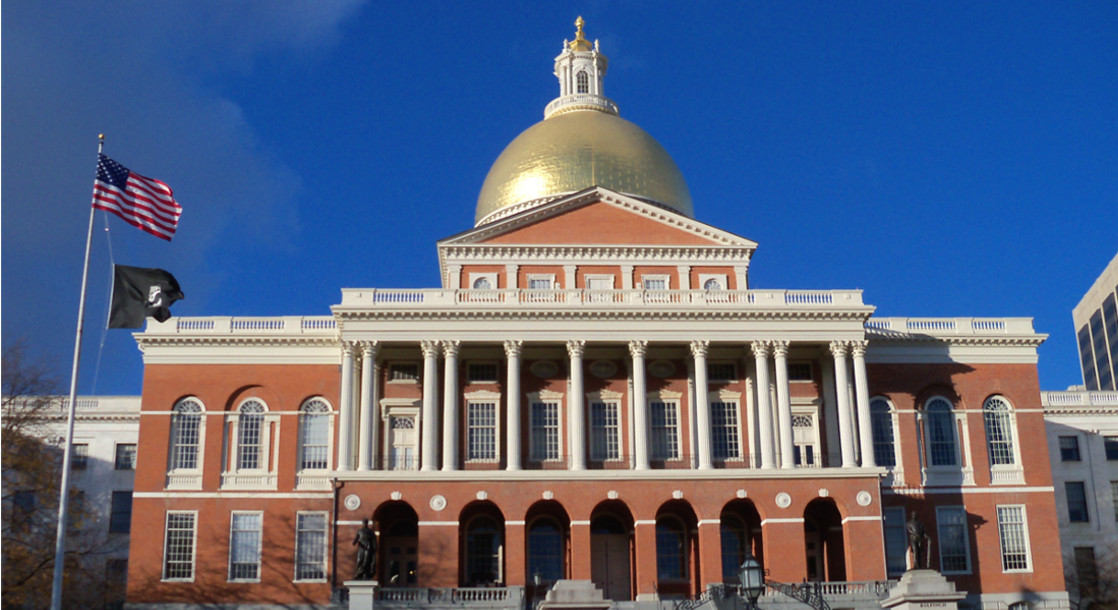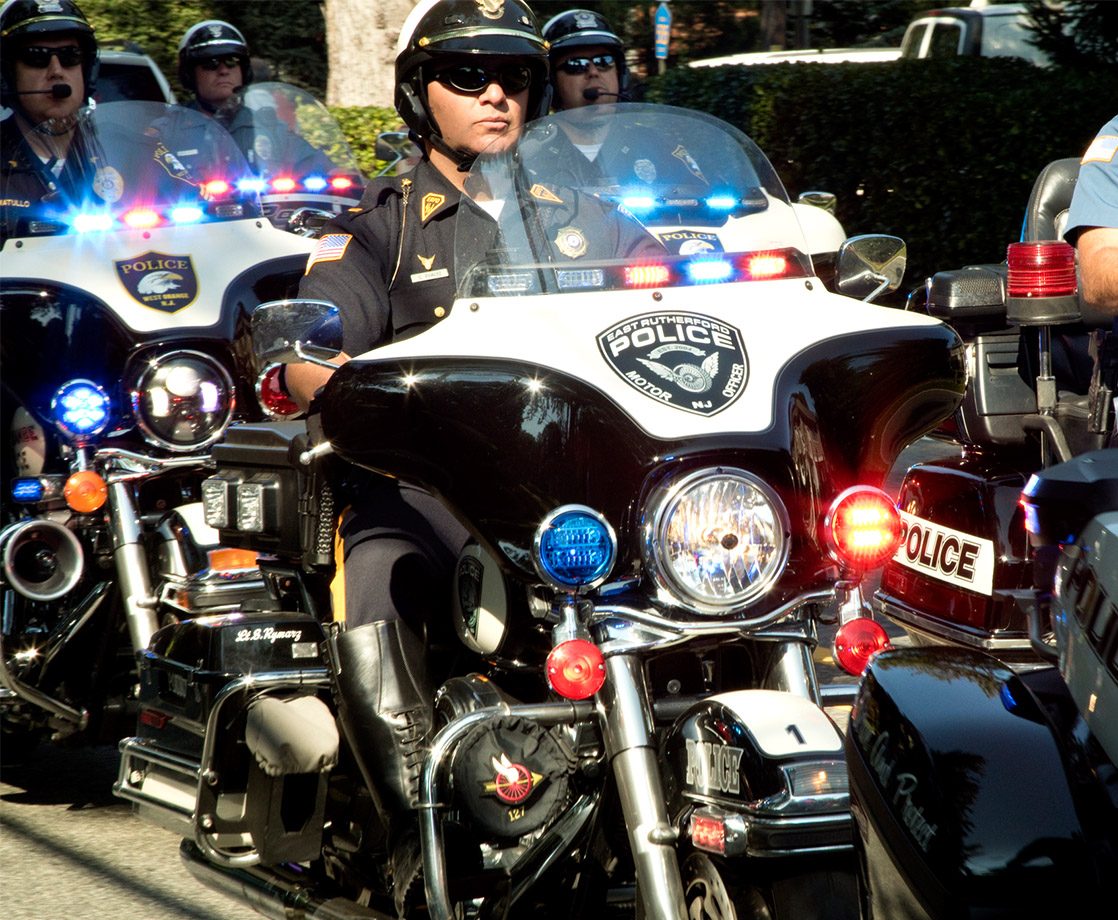Massachusetts lawmakers have been battling for months over a revamp of the recreational marijuana legalization bill that voters approved last November. Legislators planned to have the bill finalized and sent to Gov. Charlie Baker by June 30th, but the deadline passed by as the state House and Senate disagreed over several key issues of the bill.
One of the issues causing the most contention is the proposed sales tax rate for recreational cannabis. The state Senate planned to keep the tax at a maximum of 12%, which is the rate that voters approved last year. The House, however, wanted to raise this rate to a mandatory 28%, which immediately raised concerns that Bay Staters might turn to the black market for cheaper weed.
A six-member conference committee has reconciled the differences of the two chambers' bills and finally arrived at a compromise bill this week. The new bill would levy a 10.75% excise tax in addition to the state 6.25% sales tax on recreational cannabis. Cities and towns would then have the option of adding a 3% local tax on top. This compromise tax rate would be lower than the cannabis sales tax rates in Colorado and Washington.
“We feel confident this will bring in enough revenue to properly implement and regulate this new marketplace, and allow us to invest in key areas such as substance abuse,” said state Rep. Mark Cusack. House Majority Leader Ron Mariano called the new bill a “fair compromise” and added that the optional local taxes would encourage municipalities to support new canna-businesses.
The bill does not alter the voter-approved limits for cannabis cultivation and possession. Bay Staters will be allowed to possess up to one ounce of marijuana, or grow up to a dozen plants per household. “We have protected the right of adults to grow, possess, and use marijuana. To give them access to a safe, legal supply, the bill removes barriers to the development of a legal market,” said state Sen. Patricia Jehlen, lead Senate negotiator in the conference committee.
Both the House and the Senate still need to vote on the compromise bill in order for it to pass, after which it would be sent to Gov. Baker for approval. The governor has said that he has not yet seen the new bill, but did not indicate that there were any issues that would prevent him from signing it.











